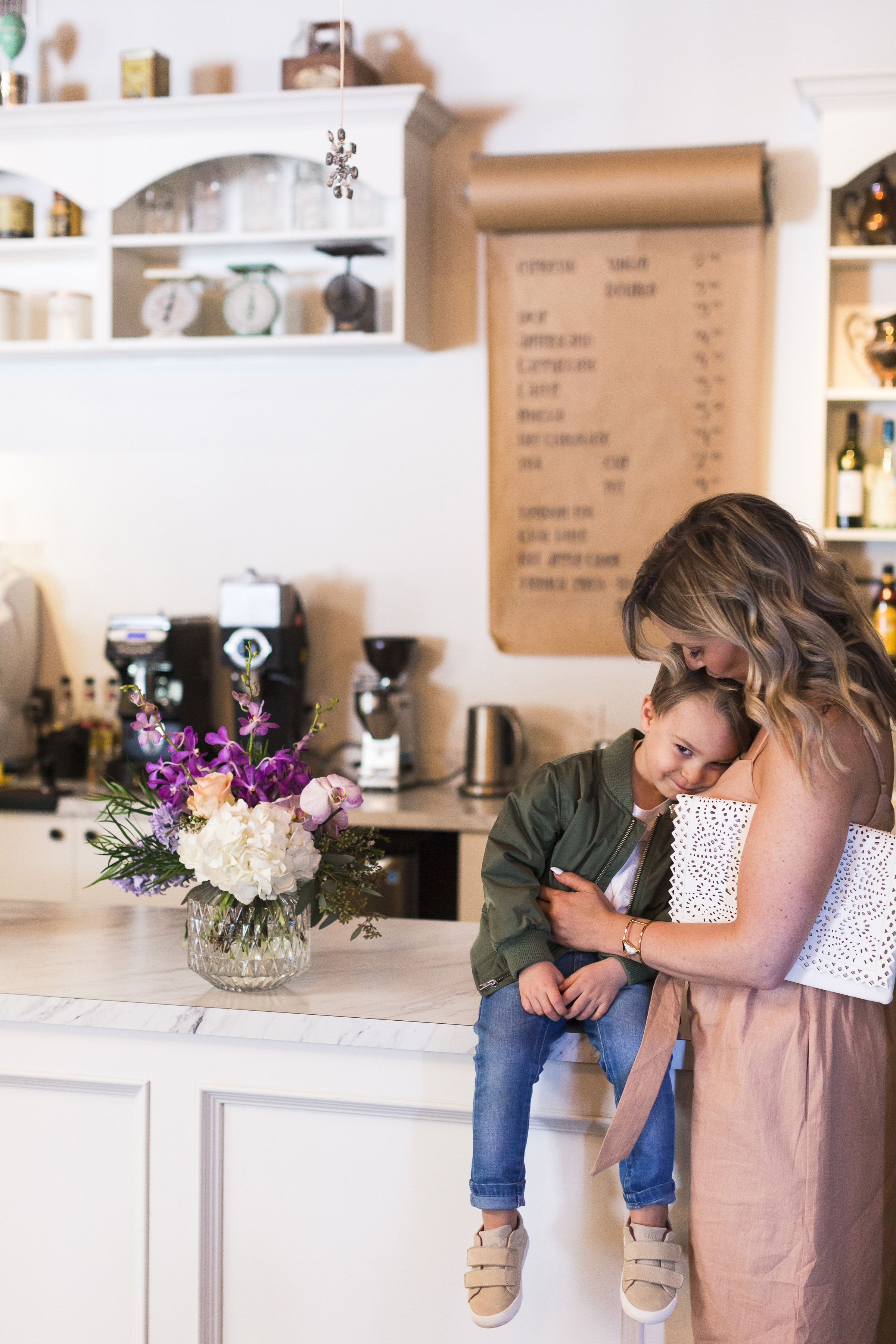 Am I screwing up our kid?
Am I screwing up our kid?
Ever ask yourself that question? A couple of weeks ago, I attended the Children’s Mental Health Conference in my hometown of Edmonton, Canada. That exact question was posed to the audience, and almost everybody in the room put up their hand. I believe it’s a pretty normal thing to constantly question our parenting skills.
With no official rule book on how to parent (and a TON of resources to choose from), determining how to manage challenging situations with your kids can be exhausting and confusing.
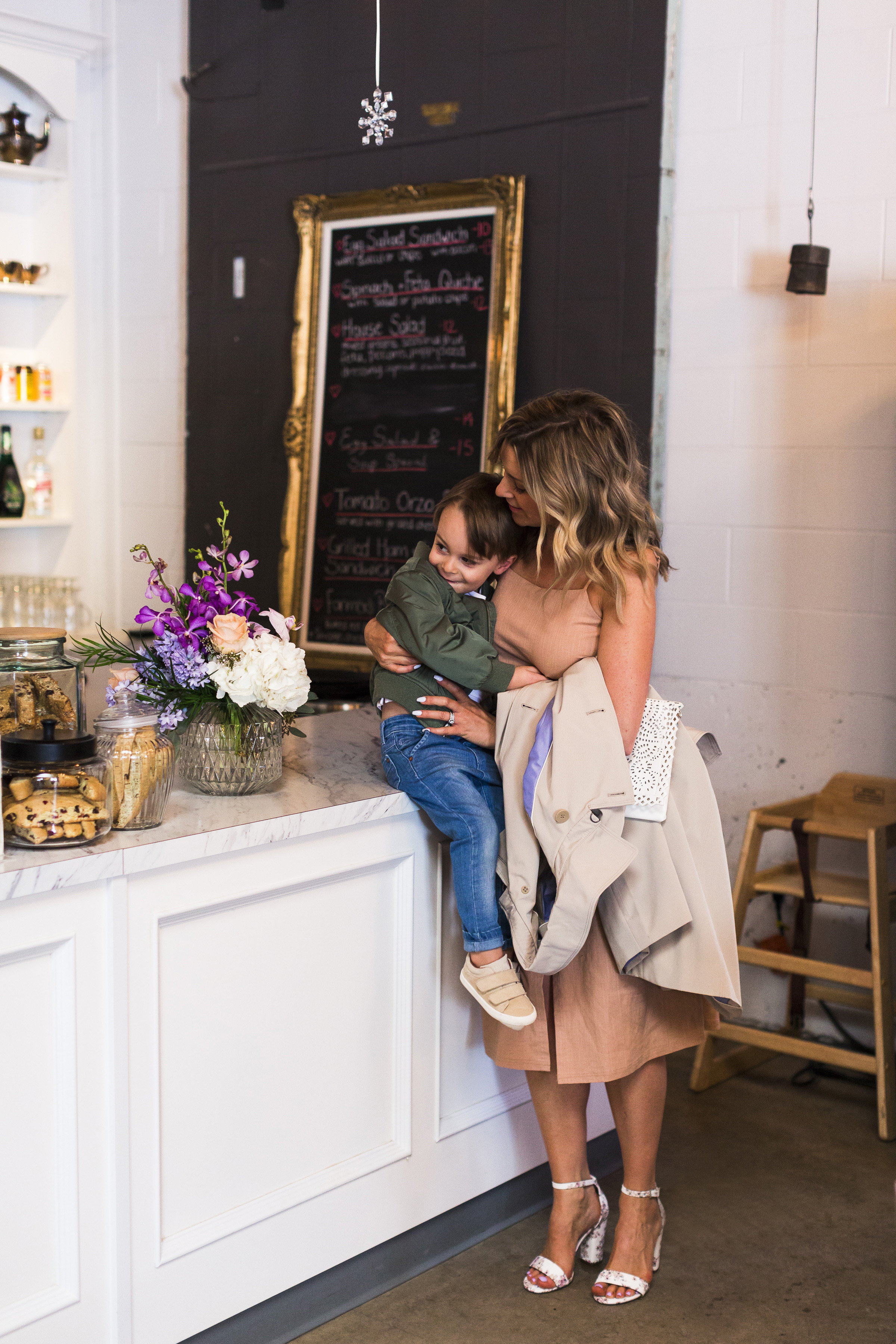 When deciding which sessions to attend at the conference, I focused on what would specifically help me as a mom. I was searching for coping skills for toddler tantrums, tactics to use for teaching and discipline, and ideas on how to become an even better mom to our son Wyatt.
When deciding which sessions to attend at the conference, I focused on what would specifically help me as a mom. I was searching for coping skills for toddler tantrums, tactics to use for teaching and discipline, and ideas on how to become an even better mom to our son Wyatt.
I’m not even close to having it all figured out, but I wanted to pass along a few pointers I learned at the conference (and some I already had in my dress pocket). Keep reading for a few helpful tips!
How To Become A Resilient Parent
- Identify and Understand Triggers. Registered Psychologist Jenni Daines suggests parenting attitudes and responses relate to our own experiences as children. It’s up to us to identify triggers and work through them, so we can respond in the present moment, not based on something we experienced in the past.
- Practice Self-Compassion. Be nice to yourself! Identify your inner critic, and tell it to take a hike! Acknowledge (with compassion) your negative feelings, and be warm and understanding to yourself.
- Understand ‘Flipping Your Lid’. Take a look at this visual to fully grasp this concept. Be aware of when you have flipped your lid. In this state, you no longer have the ability to feel empathy, think before you act, or regulate emotions. If we can recognize when we’ve entered this state, it’s easier to pull back and figure out how to deal.
- Mindfulness. Practice being present. I have so many challenges with this. I’m the person mentally writing out the grocery list while laying in Shavasana at yoga! The theory is, with mindfulness, we’re better able to recognize patterns in order to reprogram our brains. Keep reading below for more tips…
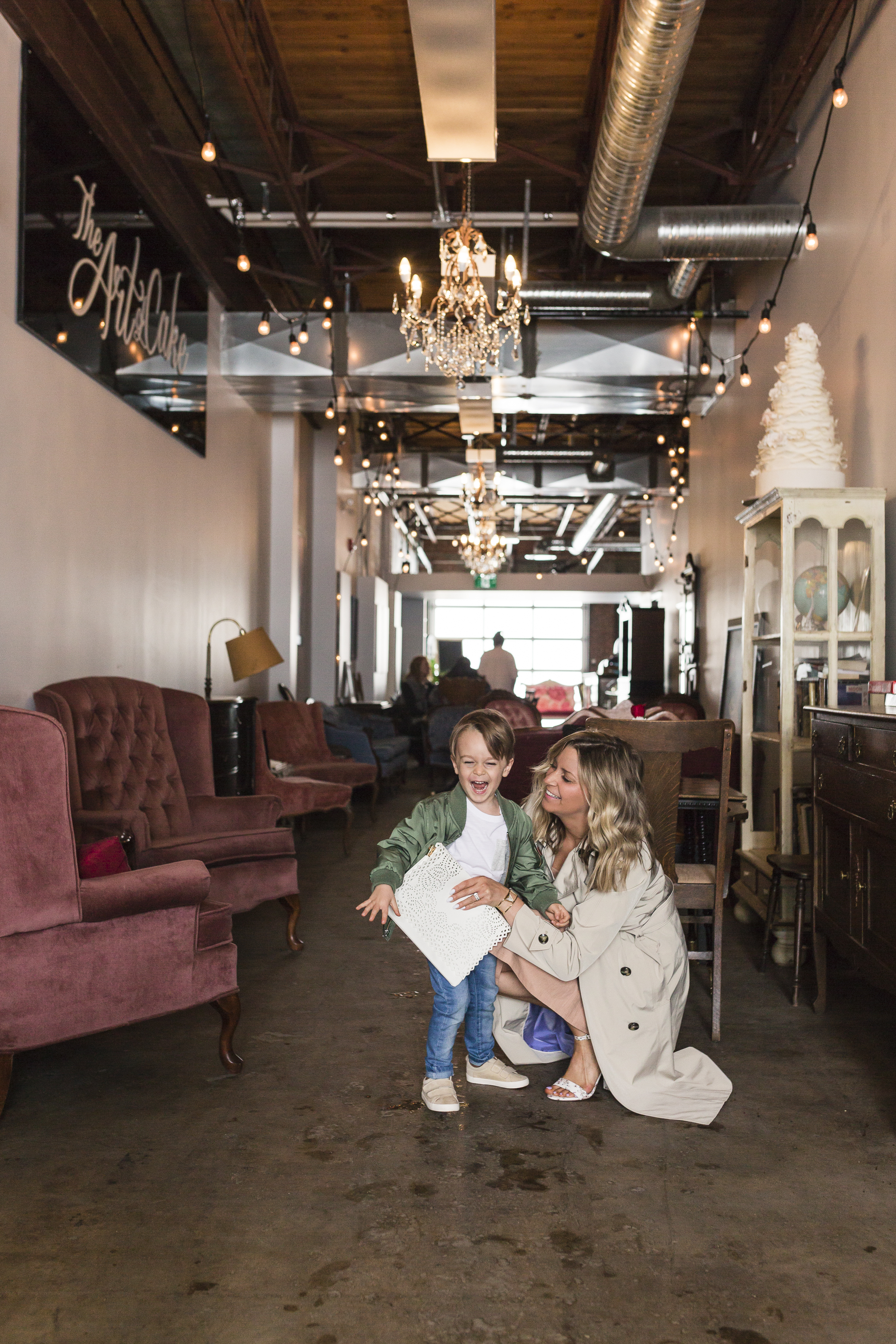
A Few More Tips
5. Be Your Best Self. Determine what brings you calm and joy. The activities will be different for everyone. I know I need exercise, rest, and alone time (even 20 minutes to myself). I believe you need to take care of yourself to properly take care of others. Other ideas: meditation (even two minutes), yoga, tai chi, prayer, drinks with friends, etc.
6. Time Outs + Deep Breaths. I give myself timeouts all the time! Most times, I can identify when I’m going to boil over, so I remove myself from the situation (while ensuring our child is safe). I’ll leave the room and take a few deep breaths, then return to where our little guy is. I always explain to him what I just did. “Mommy needed a moment to calm down.” By doing this, he also learns a great tactic for chilling out in an intense situation.
7. Identify Emotions. Whatever you’re feeling, give it a name and say it out loud. Then, teach your child to do the same thing. “I’m feeling frustrated!” By saying it out loud, you’re letting your kid know where you’re at, and teaching them it’s essential to express how we’re feeling in order to determine how to cope.
Remind yourself that you are the parent and they are the child! It’s up to us to display the behaviour we wish for our little ones. I’ll leave you with one of my favourite parenting quotes: “When little people are overwhelmed by big emotions, it’s our job to share our calm, not join their chaos.” ~L.R Knost
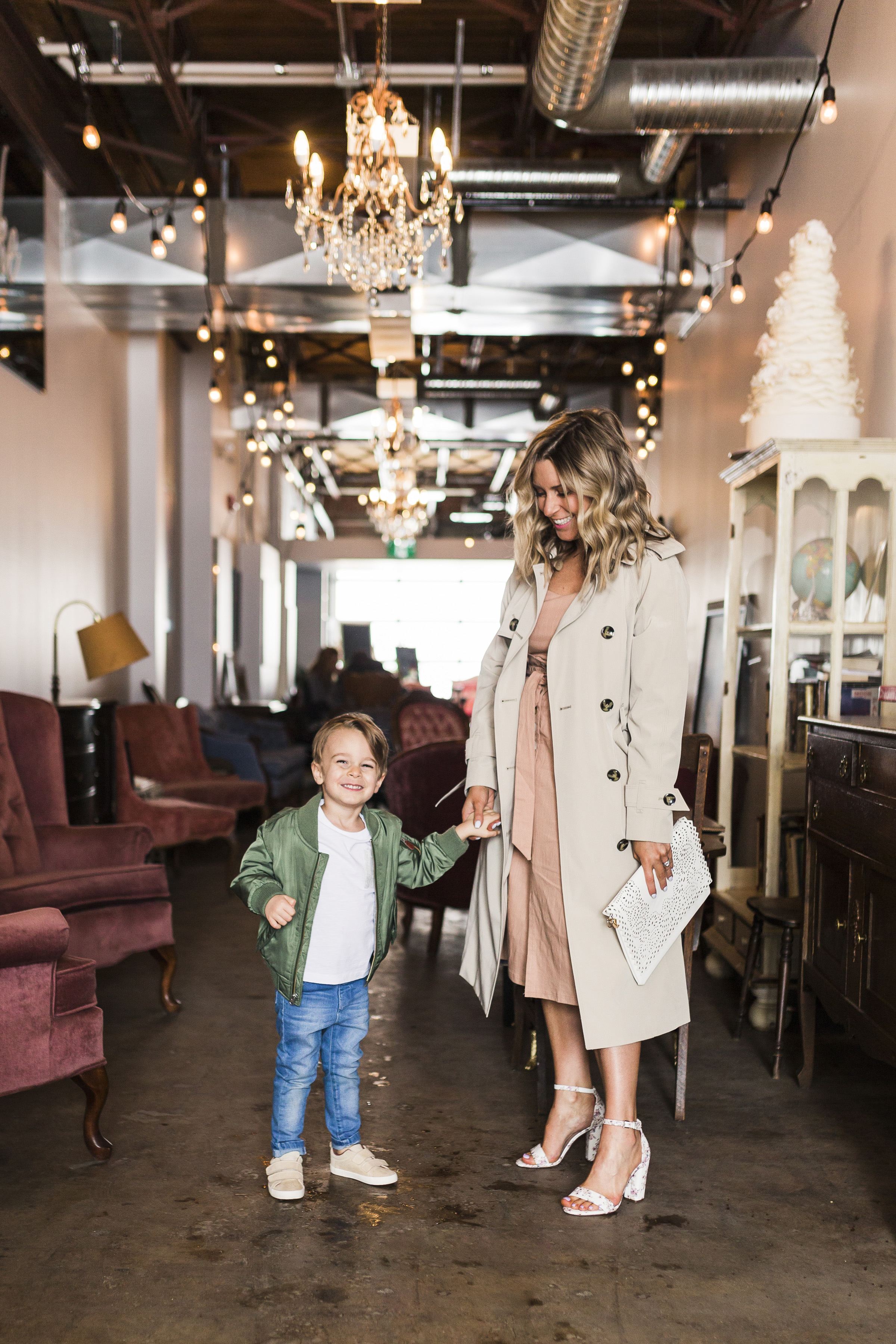
Photos: Dallas Curow Photography
Please share your thoughts and any tips you may have in the comment section below!
Pin this to your Parenting Tips and Motherhood boards and don’t forget to follow me on Pinterest here!
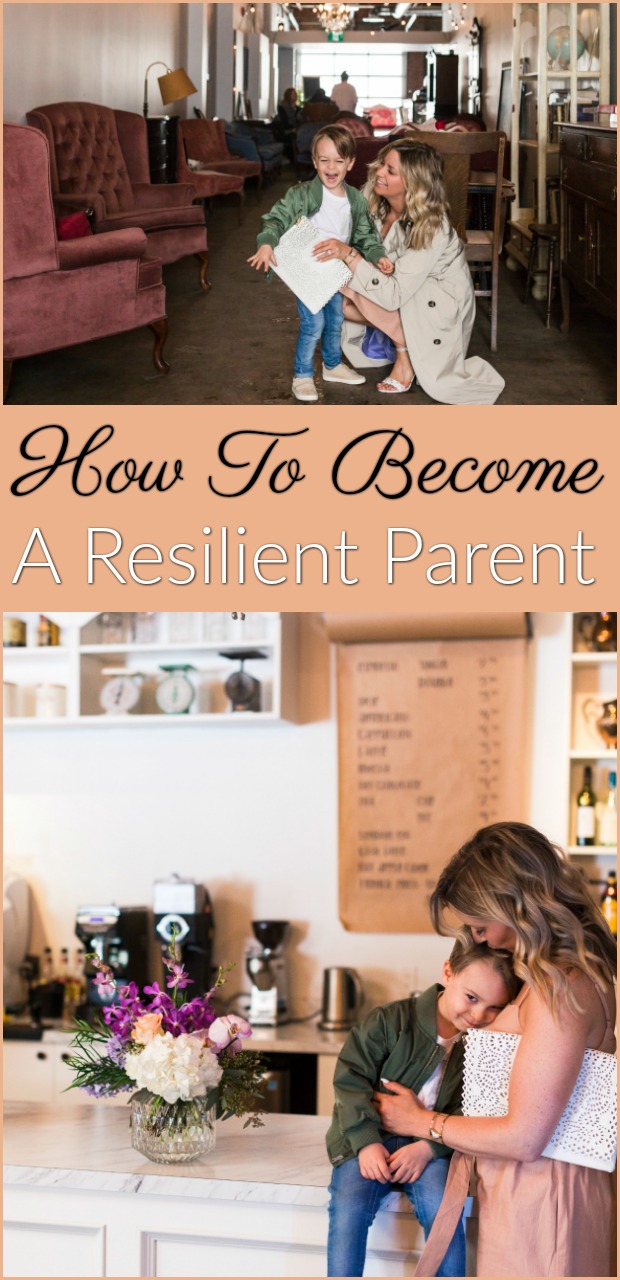
Other Posts You’ll Like:
Five Fun Ways To Encourage Your Toddler To Be Independent
xx

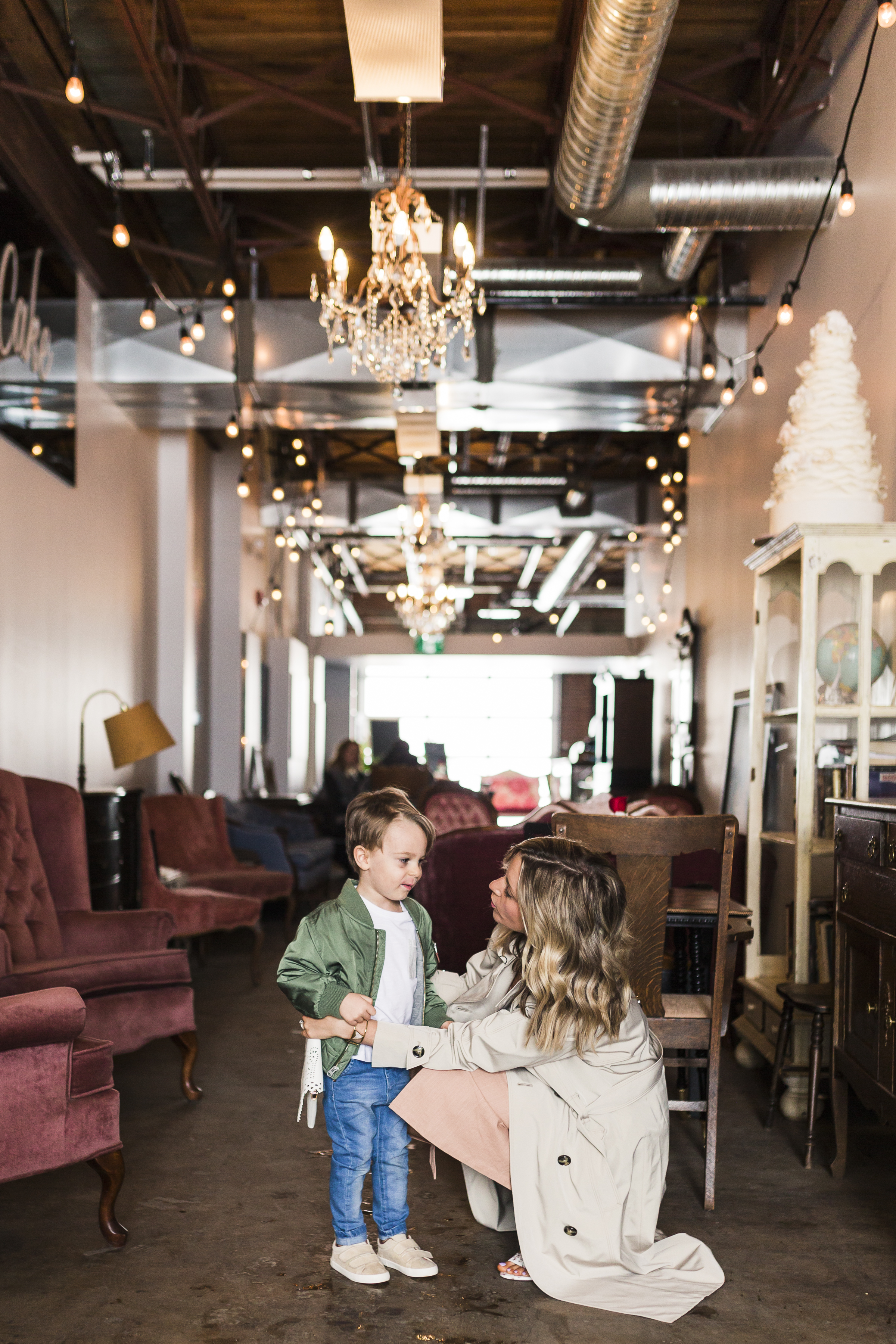
When my eldest twins were small they would help each other get into all kinds of shenanigans. Now that they are in their 30’s they still do. I believe in natural consequences and guilt by association. If one of my kids was doing something and the other kids knew it was wrong yet let it continue they would all suffer the consequence. They learned very quickly how to step in and stop each other from going to far. (They didnt want to clean up a mess they werent responsible for).That being said,the consequence needs to be age appropriate as well as natural. If a 3 year old gets into a flour bin and ends up covered in flour and the other joins in the fun…dont get upset…get the camera! These moments are blessings in disguise and great teaching moments. Lol
Love this Kari. Thank you. I too have attend that conference and it is great. My big thing and still is my big thing to reach out for help. Not an easy thing for me to do. However I just needed to say I cannot do all of this sometimes and I really recognize that it does take a community to raise our kids.